Q&A: Legal weed in California: A consumer’s guide

Recreational marijuana becomes legal in California on Jan. 1. The first round of state licenses for marijuana businesses kick into effect in January. Here’s a guide to everything you need to know.
- Share via
The recreational use of marijuana became legal in California on Jan. 1. The state is now home to the country’s largest legal pot market.
But it’s still possible for cannabis customers to run afoul of state and local laws, which dictate where and how weed can be purchased and consumed.
Here are some tips on avoiding that.
Can I legally buy pot in California?
If you are 21 or older, you can buy and possess up to 28.5 grams (a little over an ounce) of marijuana, up to 8 grams of cannabis concentrate and up to six live plants.
If you are between 18 and 20 years old, you can buy and possess up to 8 ounces of marijuana and 12 live plants, but only through the state’s medical marijuana program, which requires a physician’s recommendation.
Some cities have imposed stricter laws on the sale and consumption of cannabis within their borders.
Where can I legally buy it?
From retail outlets licensed by the state Bureau of Cannabis Control.
Here’s a map of the current locations.
In what forms?
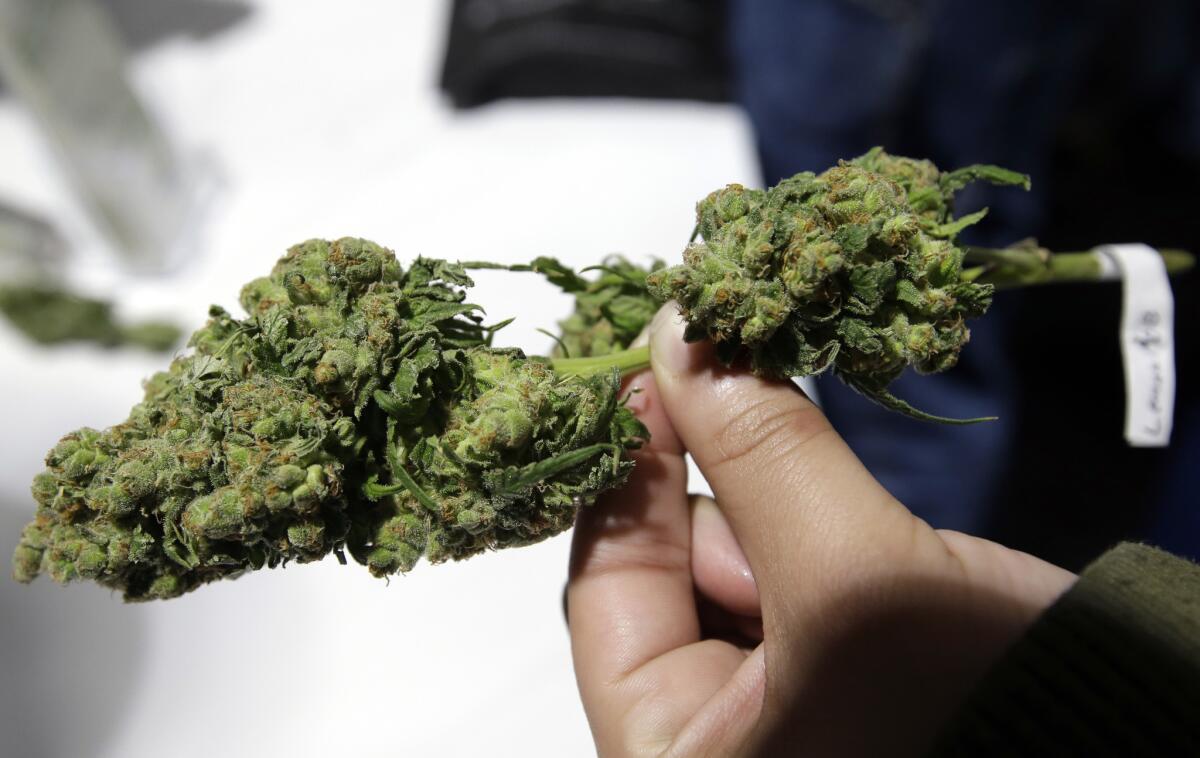
Dried marijuana Dried marijuana — also called flower, bud or leaf — is generally sold by the gram or in increments ranging from an eighth of an ounce to an ounce. The price varies greatly depending on the strain.
Concentrates A concentrate is any product created through an extraction process, in which cannabinoids are separated from the marijuana plant, leaving behind a substance that’s usually much more potent than the dried flower.
Some concentrates are very high in tetrahydrocannabinol, or THC, the main psychoactive ingredient in marijuana. Others contain high amounts of cannabidiol, or CBD, which is prized for its therapeutic, rather than intoxicating, effects.
Hash is created by extracting THC-rich resin from the plant using ice water or compression. When heat is added to the process, the resulting compound is called rosin hash.
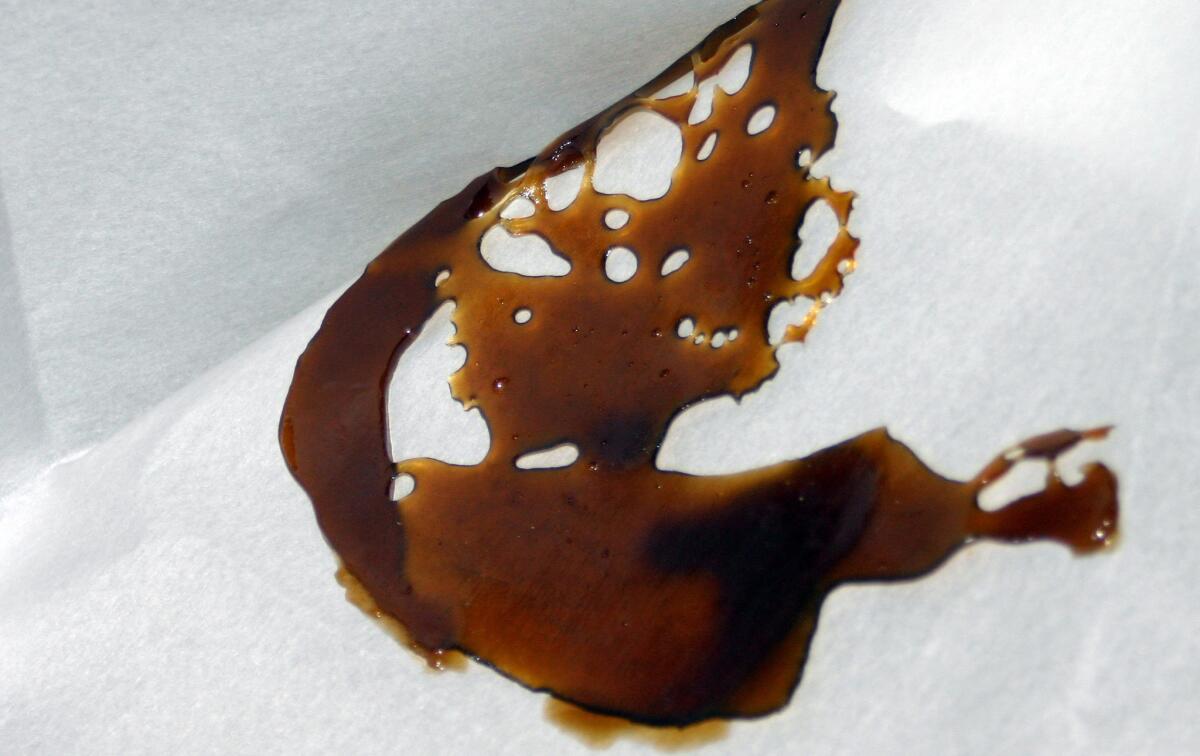
Butane hash oil is created when cannabinoids are extracted using the chemical solvent butane. Also called honey oil, wax, crumble or shatter, BHO is a potent amber substance that can be waxy, crumbly or crystalline in texture.
Rosin hash and BHO are generally sold in small jars or wax paper wraps, usually in half-gram increments. Both substances can be vaporized or mixed with dried marijuana and smoked. They can also be consumed by “dabbing,” in which a small amount of the concentrate is vaporized and inhaled using a specialized bong called an “oil rig.”
CO2 oil is created when cannabinoids are separated from plant material using pressure and carbon dioxide. Generally less viscous than BHO or rosin hash, CO2 oil is often sold preloaded into vaporizer cartridges or disposable vaporizer pens.
Tinctures are alcoholic extracts of cannabis material, which is sometimes mixed with other herbs believed to have therapeutic effects. They are usually administered by dropping small amounts under the tongue.
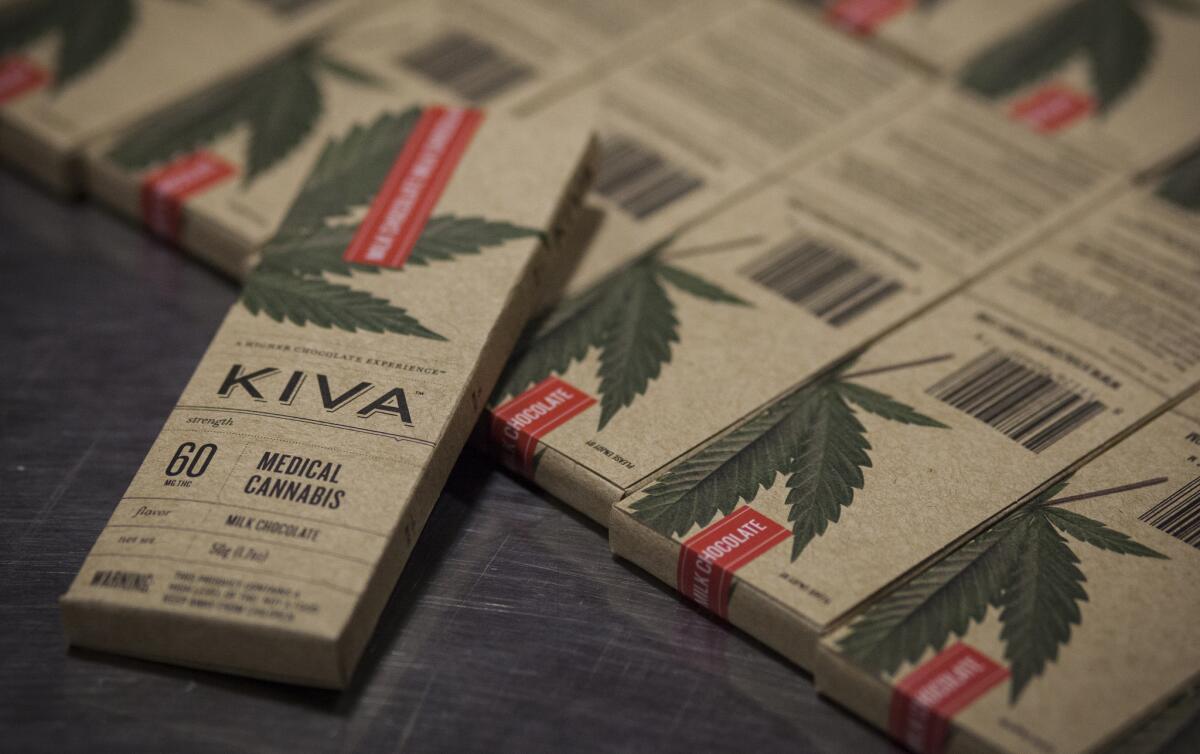
Edibles Cannabis-infused foods are available in a wide variety of forms, including soft drinks, snacks and candies.
State law now requires that they be clearly labeled and contain no more than 10 milligrams of THC per serving.
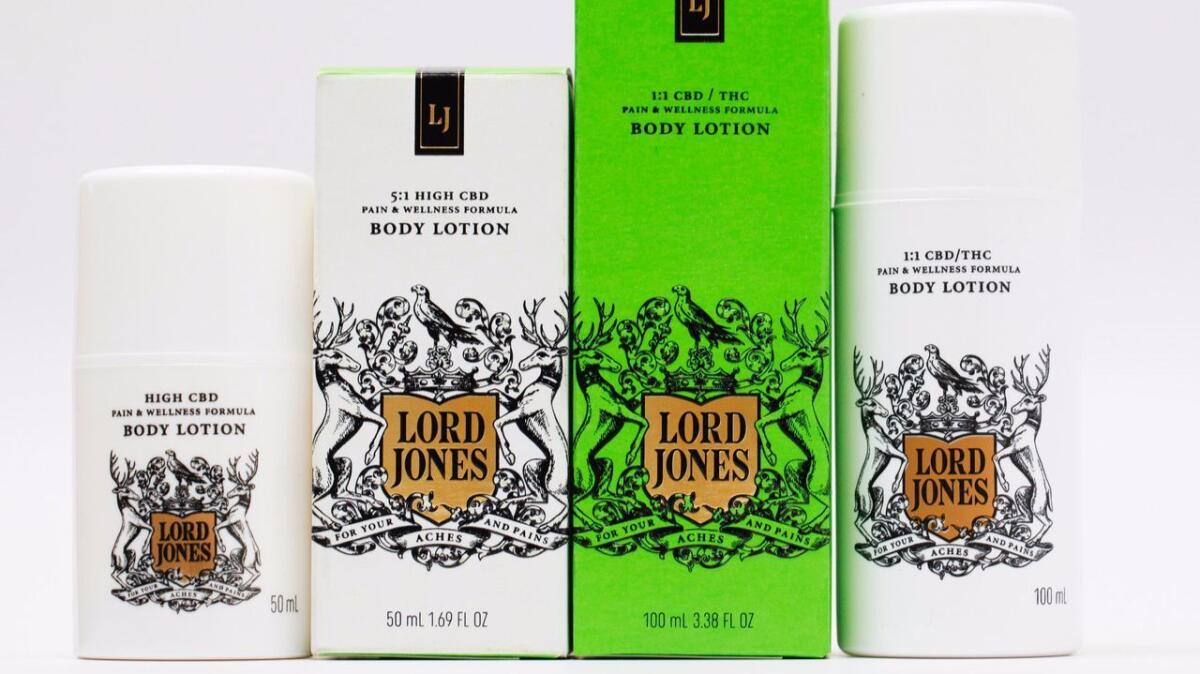
Topical treatments Consumers can purchase an array of cannabis-infused creams, lotions and salves. Because the active ingredients are absorbed locally through the skin, these products are generally marketed as treatments for aches, pains and skin conditions, rather than as having psychoactive effects.
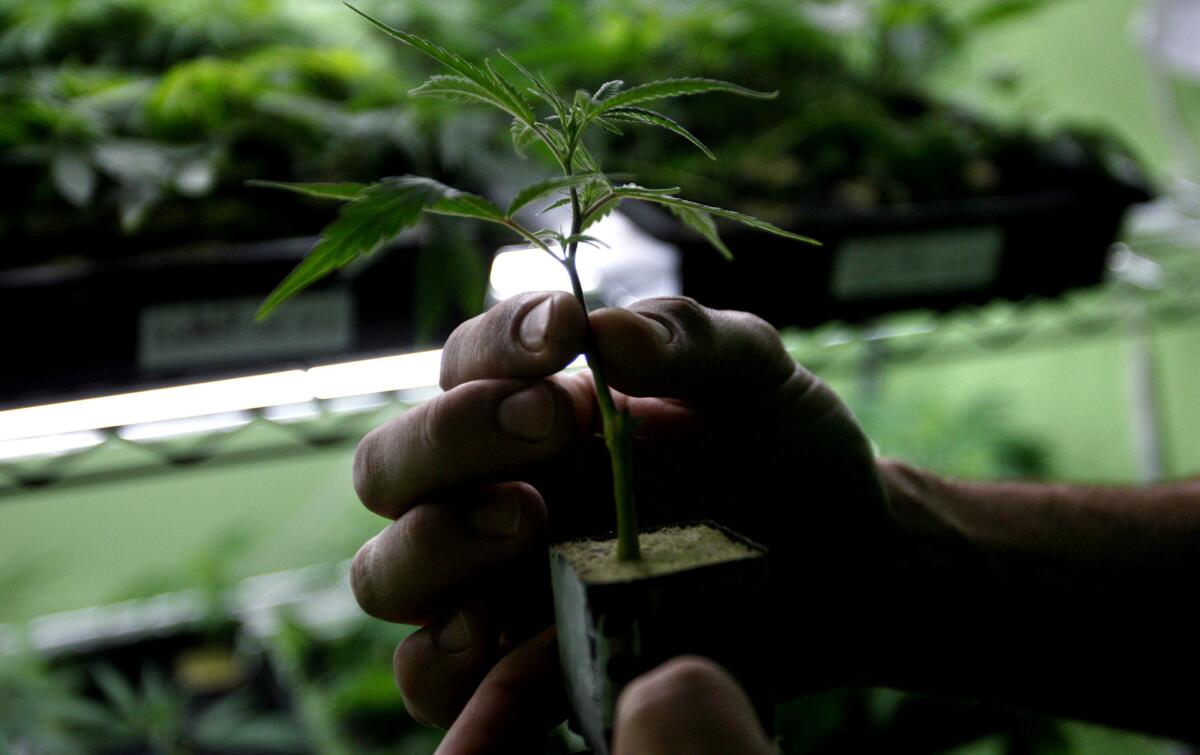
Live plants Cannabis can be purchased in the form of plants, seeds or clones, which are cuttings taken from a mature plant. Consumers are permitted to cultivate them for personal use, provided they are planted in a secure area that’s not visible from any public place.
Can I have marijuana delivered?
You sure can. Delivery services are permitted to operate in California, provided they are licensed.
How much tax will I pay?
Recreational users pay sales tax of 7.5% to 10% (depending on the county) and a state excise tax of 15%.
On top of that, cities throughout the state have begun imposing their own taxes. You can use our tool to calculate how much you’ll end up paying where you live.
Medical users are exempt from sales tax but, in addition to the doctors’ recommendation needed to buy medical marijuana, they must obtain a state medical marijuana identification card from the county where they live. Other taxes still apply.
Can I smoke outside?
No. Whether you’re a medical or recreational user, it remains illegal to consume cannabis in public.
What about in my car?
You can’t smoke, vape or eat cannabis while sitting in a car, driving, or while riding in the passenger seat of a car. That also goes for a boat, aircraft and any other vehicle used for transportation.
You can travel with cannabis in your vehicle, but it must be in a sealed container or in the trunk. It’s illegal to take it across state lines, even to another state where cannabis is legal.
So where can I smoke (or vape or eat) it?
You can consume cannabis on private property, but only in areas where tobacco smoking isn’t already prohibited. So if you’re a renter and your landlord has specified that you can’t smoke cigarettes in your unit, you’re probably out of luck. Property owners are also permitted to specifically ban the use and possession of cannabis on their properties.
What about cannabis cafés or lounges?
State law allows local jurisdictions to permit onsite cannabis consumption, provided that it takes place in an age-restricted area that isn’t visible from any public place, and neither alcohol nor tobacco is allowed on the premises.
San Francisco, Oakland and South Lake Tahoe earlier this year became some of the first cities in California to open consumption lounges, and West Hollywood will begin accepting applications in May.
Still, most cities have so far decided not to license those types of businesses.
alexandra.wigglesworth@latimes.com
Twitter: @phila_lex
Get the L.A. Times Politics newsletter
Deeply reported insights into legislation, politics and policy from Sacramento, Washington and beyond. In your inbox twice per week.
You may occasionally receive promotional content from the Los Angeles Times.








